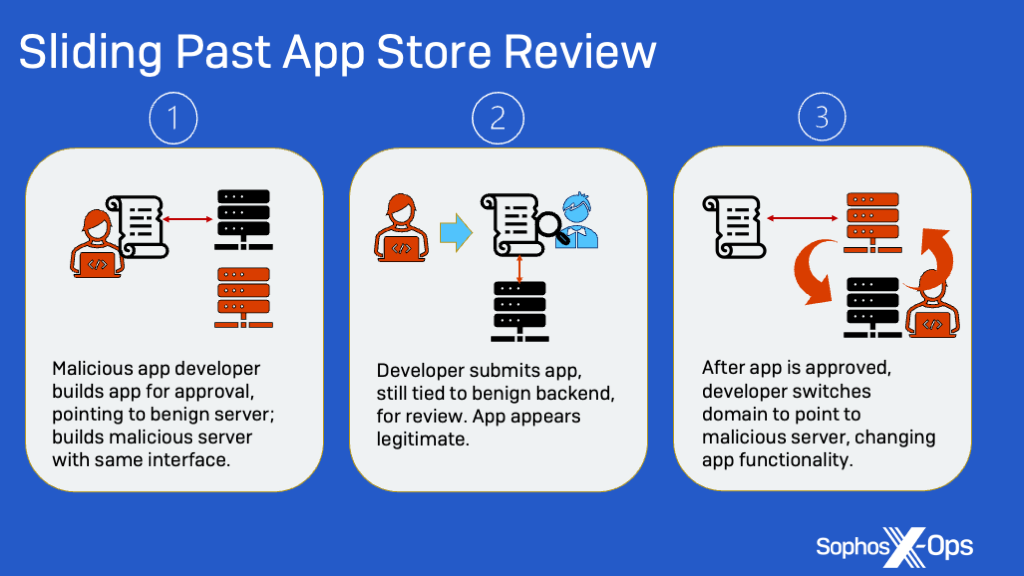The President, Executive Board of Directors, Nigeria Internet Registration Association (NiRA); Reverend Sunday Folayan has disclosed that at the end of 2016, there are over 75000 registered and active website using the domain name, .ng.
Giving a rundown of the group in an interview recently, he said .ng has existed since 1995 even though NiRA came in 2005, meaning that it has existed for almost 22 years.
He added that “There was probably about 100 domain names registered as at 1995 but by the close of 2005, a 10 year period, number of domain names did not exceed 2000, as at December 2016, over 75000 have been registered and active”.
Continuing, Afolayan recalled that “NiRA has experienced a cumulative 75 per cent growth year on year, as the figure almost doubled the previous year. We hope to sustain the growth. It may look small but, it has been a significant growth based on previous. The 75 per cent is significant and should be noted as improvement. They are active domain names. If we are to consider all the domain names registered before but that are no longer active, we will be looking at 250,000 to 300, 000 that have been registered since 1995”.
“Prior to NiRA, domain names were not expiring, that is once you have registered, you are registered for life but now, there are expiry dates on them, the domain names being used now are the active ones.
On expiration of domain names after first registration, NiRA boss said “It ranges from one year to five years by our policy. The registrant decides the life of the domain. Of course, the cheapest is one year and the five years is the most expensive, still, there is a discount for multi/year registration”.
Giving further details of the advantages of the domain name over others like .com, .or, .za, .net, among others, he said “Yes, we have been very competitive because domain names are not directly related to population, but the activities. So, there is a tendency to look at 170 million Nigerians and expect 170 million domains but this is not true”.
“Nigerians are on the Internet, but are a net consumer of information on the Internet. We are not producing as much information as we should be producing on the Internet and without producing information, you can’t have website and content, without website and content, you can have domain names.
“Domain names are an accurate reflection of our production of information not our Internet consumption of information. So, if you look at Nigerians with mobile phones, buying SIM is growing significantly because they are going online to consume information, but when you look at the growth of information production, you will see that domain name production far exceeds this growth for Nigeria i.e if we are consuming apple for apple.
“Steps further, look at population of China or SA vis-a-vis the number of industries and factories there. Compare that to the factories of active industries in Nigeria, you will agree with me at the dwindling level of production and these are the real catalyst that drive the uptake of domain names.
“It is not enough to just register domain names they must be used for actual industries and today, there are so many industries supporting the Nigerian domain name like the movie industry, music industry. There are other industries, but these are huge for now in the country and they do provide a lot of support to the .ng mainstream.
While decrying that Nigerian companies and private bodies tend to find it difficult to use the.ng, he noted that “Nigeria is a peculiar industry and we don’t exist in isolation”.
“In the average home of a Nigerian today, have Italian furniture, doors made in Turkey, Persian rugs. Hardly, do Nigerians consume local goods because they believe there is a level of inferiority attached to it. The truth is not about the good being inferior, it is about that the Nigerian who considered the good inferior. The fact that you paint yourself white does not make you a white man, the fact you drink plenty of milk does not make you white within.
“What would help the Nigerian economy is for us to patronise and help them improve. When I was young in school and was told this is made in China, it meant it would be break! So, when you buy it, you can be sure it could break in the next three days and you would need glue. But today, China has really upped their game.
“Made in Malaysia, is what you have on your Samsung phones not made in America. They are made in the Far East, sent to America and shipped to Nigeria.
Afolayan maintained that “It is when Nigerians discovered this, they started going to China to buy directly. So today, made in China is no longer a stigma, the new stigma is in made in Onitsha. But, if we persist, if we face it, we will improve made in Aba and it will definitely become better than made in Malaysia”.









